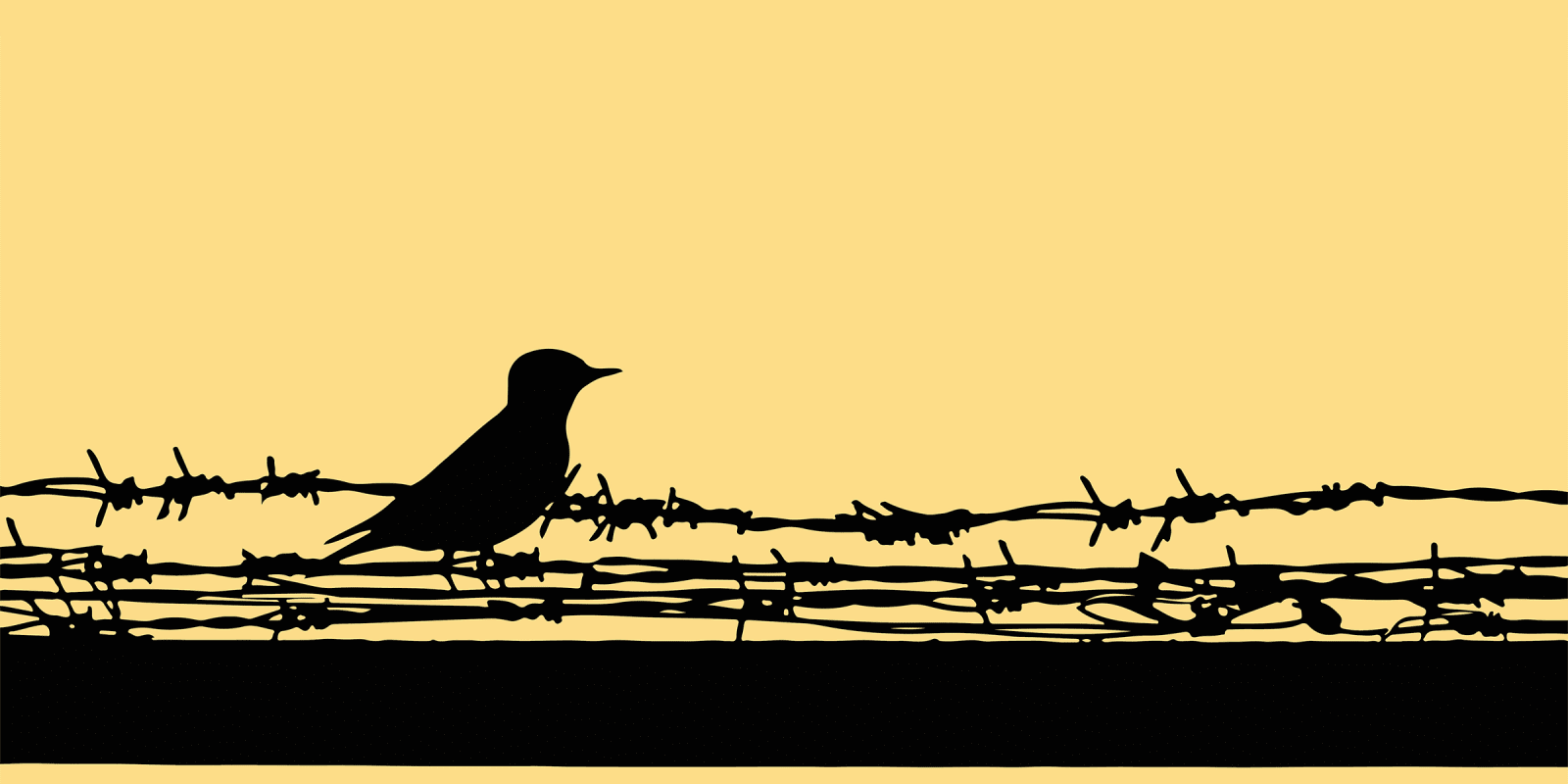Crime films and long-running television police procedurals like Law and Order: Special Victims Unit, Criminal Minds, and the CSI franchise often position police officers, lawyers, and the current justice system as inarguably on the side of humanity. Conversely, they paint a picture of offenders, or those who break the law, and prisoners, those who have had their freedom revoked as punishment for breaking the law, as being inarguably against humanity. These types of stories — of which there are no shortage in popular culture — may occasionally show prisoners as human (here I’m thinking of shows like Orange is the New Black and movies like The Shawshank Redemption) but rarely do they show what happens when a prisoner, like any human, falls ill — or when they get so sick they have to go to the hospital.
Until I worked at the Texas Department of Criminal Justice (TDCJ) hospital, I am ashamed to say that I did not consider the fact that prisoners could be a lot of things. I had not considered that prisoners could be young enough to blush and have acne, that prisoners could be so old they trembled to wave hello. I had not considered that prisoners could be kind and pleasant, that prisoners could be cruel and inappropriate. I had not considered that prisoners could be everything anyone who had not had their freedom confiscated by the government could be. Why hadn’t I considered all these things? I realized it was because I had believed what I had been told all my life about prisoners: “They are bad, and paying the price for it, nothing more.” But people who do bad things are still people, and all people get sick. All people die.
One of my youngest patients throughout my internal medicine rotation at the prison hospital was in his late 20s. Cancer and repeat surgery had dissolved most of his brain, and by the time he was assigned to be my patient, he had lost the ability to speak, to move, to understand anything. But his eyes followed me, and he squeezed my fingers feebly when I asked him to.
One morning, bleary eyed and a little late to pre-rounds, I entered his room with my usual “Good morning” that he never returned. His breathing was labored. His eyes no longer caught and followed mine. Setting my jaw, I lifted his head and noted the dreaded doll’s eye sign. I swallowed, pulling his blanket back on top of him, and said a goodbye I knew he couldn’t hear. Later that morning, his mother, heartbroken, asked us to pray with them. We pretended not to hear her. My patient died the next morning, alone.
I realize now that I had bought into the “single story” of prisoners proposed by television, by movie studios, by books, and by the news. Murderers, rapists, arsonists, thieves, and drug users are all painted with the same brush by the media once they don prison uniforms. The individuality of their crimes, and their individuality in general, is erased with the label of ‘criminal.’ In the prison hospital, an elderly woman who got caught smoking crystal meth lies in a bed in a room next to a member of a notoriously violent gang recently diagnosed with ulcerative colitis. A serial rapist lies in a bed in a room with two other men in prison for stealing Pringles from a gas station and for committing tax fraud. In taking away a prisoner’s individuality, their humanity is lessened as well.
Physical suffering does not stop when you are labeled a criminal. But the label might change how those caring for you carry out that care. While working, I saw many instances of disdain for the prison hospital patients. I saw irritation, resentment, and apathy toward the people in our care by people whose duty it was to provide that care.
In one way, this was understandable to me. The patients being treated at the TDCJ hospital are murderers, child molesters, abusers. Some of them are cruel. Some, religious people might say, are evil.
Media has presented us with our understanding of prisoners as something less than human. We are led to believe that they are people whose pain is somehow lesser than that of the non-criminal, or even if it is the same as our own, that they deserve it because they have committed a crime.
This is a dangerous bias for health care workers to fall into.
The role of the health care worker is to treat patients to the best of our abilities as we have been trained to do. Our role is not to punish or judge.
Prisoners are human. Their illnesses are just as real, their suffering and fear is just as concrete as our own. Thus, we have a duty of care to them as much as to anyone in the free world. Our care for them must be excellent. For their humanity and for our own.
After all, it is as Fyodor Dostoyevsky once said: “A society should be judged not by how it treats its outstanding citizens but by how it treats its criminals.”
Have you ever provided care for prisoners? Share your experience in the comments.
Julissa Sanchez is a third-year medical student at the University of Texas Medical Branch at Galveston who is passionate about working with underserved patient populations and drawing attention to issues that affect minority groups' health in Texas. She is interested in the intersections of philosophy, literature, film/television, and medicine.
Image by rep0rter / Getty Images






